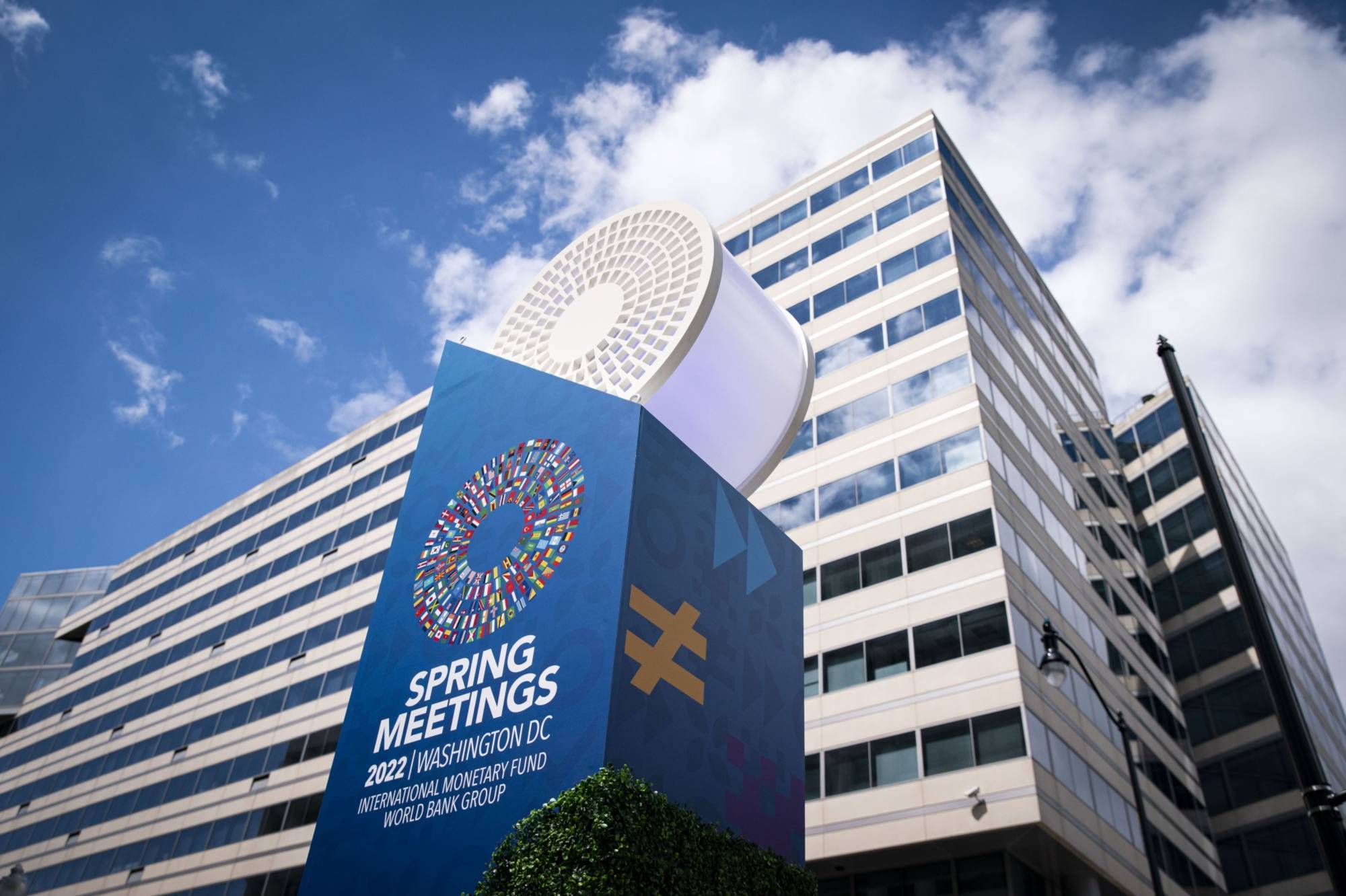Global crises have grown in frequency and intensity over the past 20 years, with worrying implications for future economic development.
The World Bank warns that the effort to reduce poverty has suffered its “worst setback” in a quarter century, owing to the COVID-19 pandemic. Inequalities are deepening within and between countries and across many key sectors, from education to health.
Given the scale of these problems, public policy cannot focus narrowly on income and wealth. The situation demands a holistic approach with longtime horizons. Otherwise, subsequent governments will always be tempted to pursue short-term improvements with immediate political payoffs (such as an increase in households’ purchasing power), rather than investing in future welfare. We will need to quantify the necessary trade-offs so that politicians can explain to voters why they should support having a bit less now for the sake of gaining more later.



